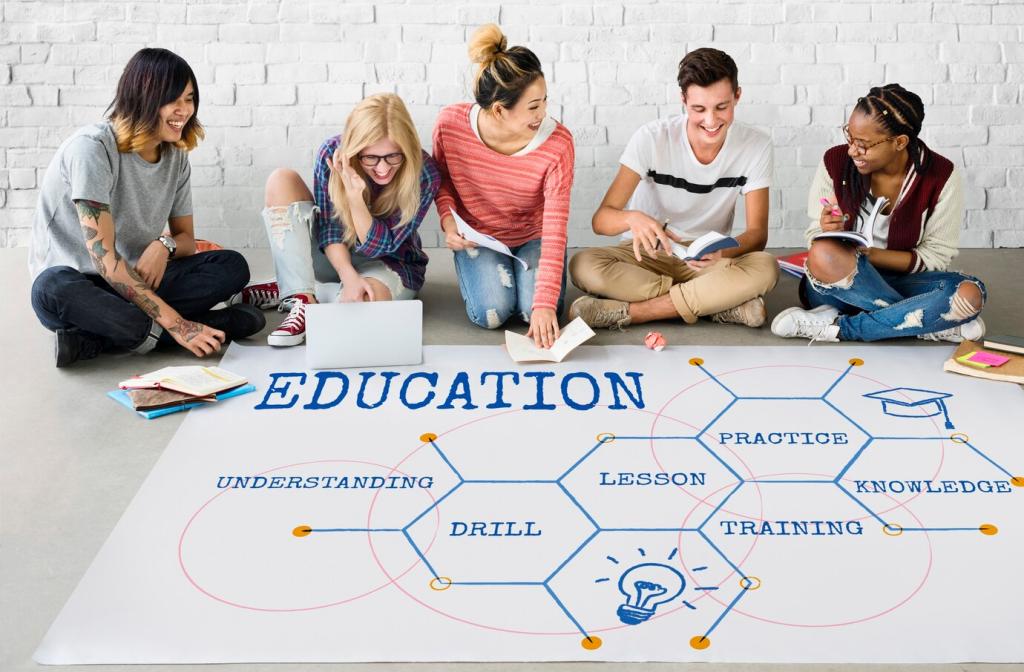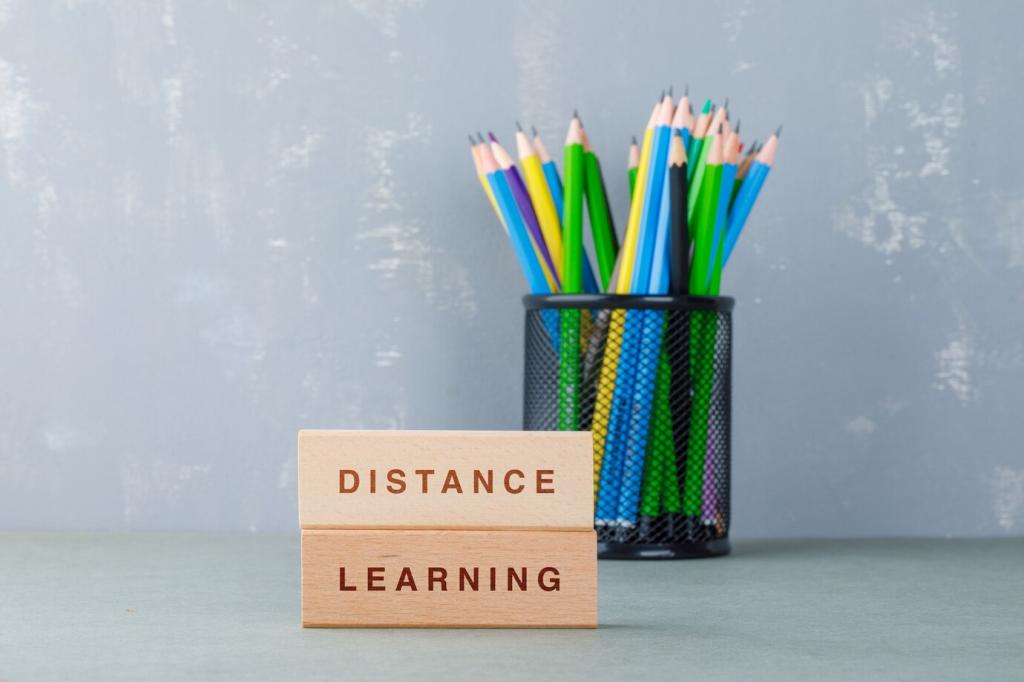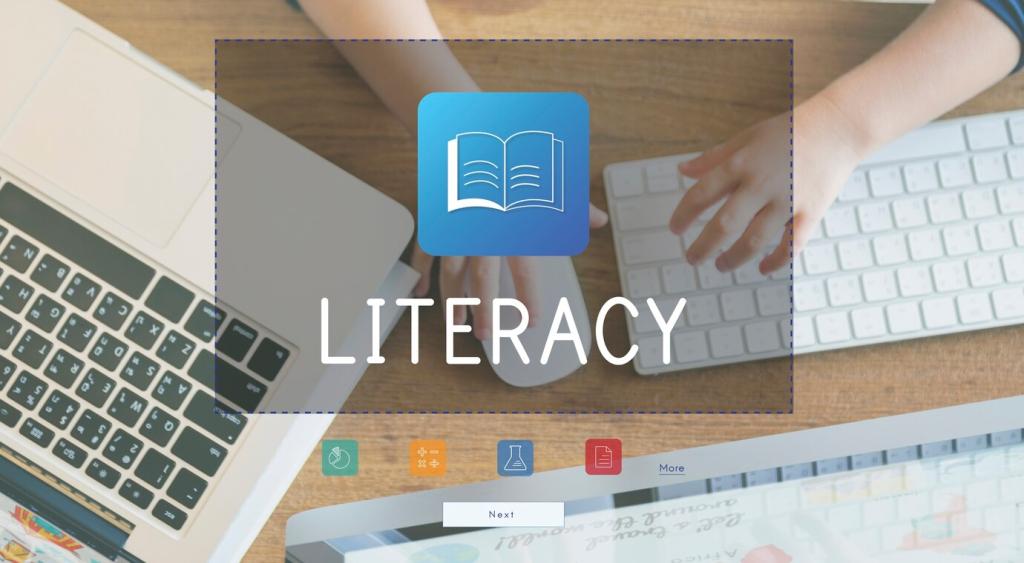Navigating Encyclopedias Like a Researcher
Start with the entry, scan the index for adjacent concepts, and follow category pages or breadcrumbs to broader or narrower topics. This organized movement mirrors expert research behaviors and prevents getting lost in interesting but irrelevant tangents.
Navigating Encyclopedias Like a Researcher
Skim headings, summaries, and captions to build a mental map. Then choose one section for deep reading with a defined question in mind. This two-pass technique sharpens focus and accelerates comprehension during independent learning sessions.










